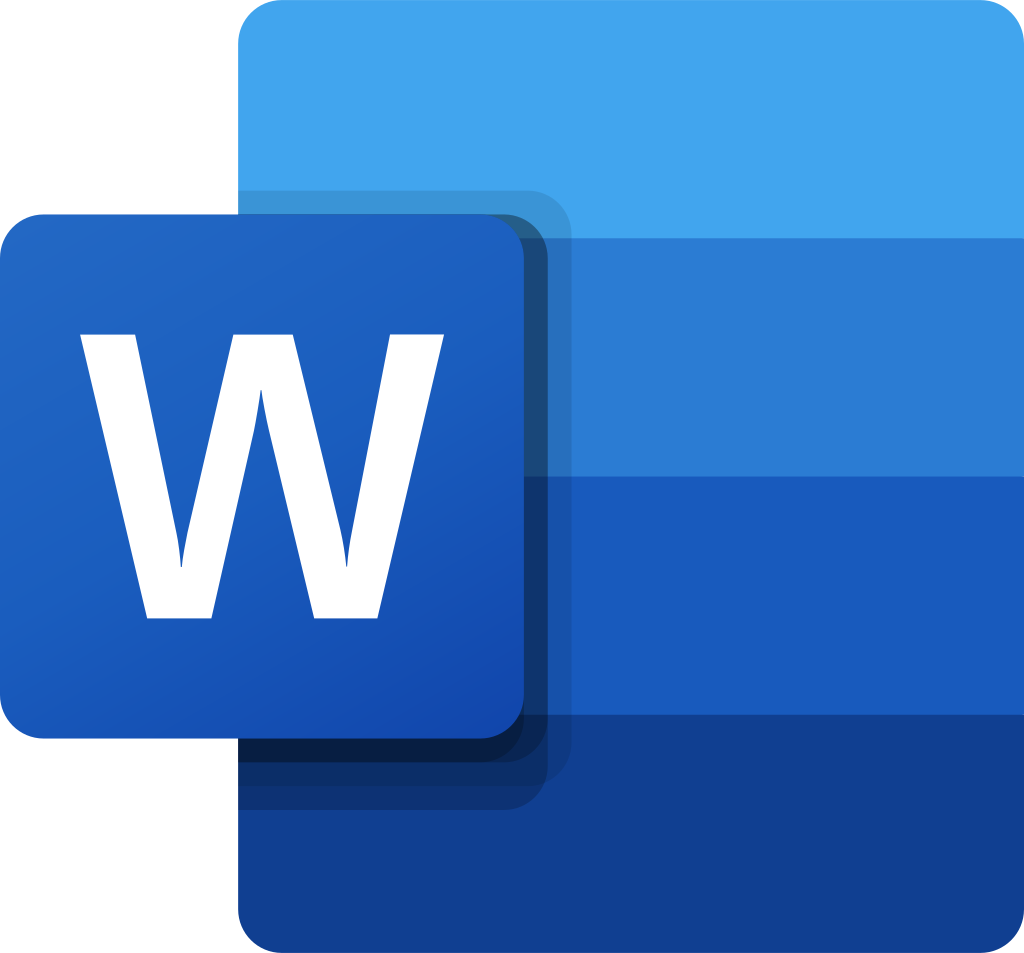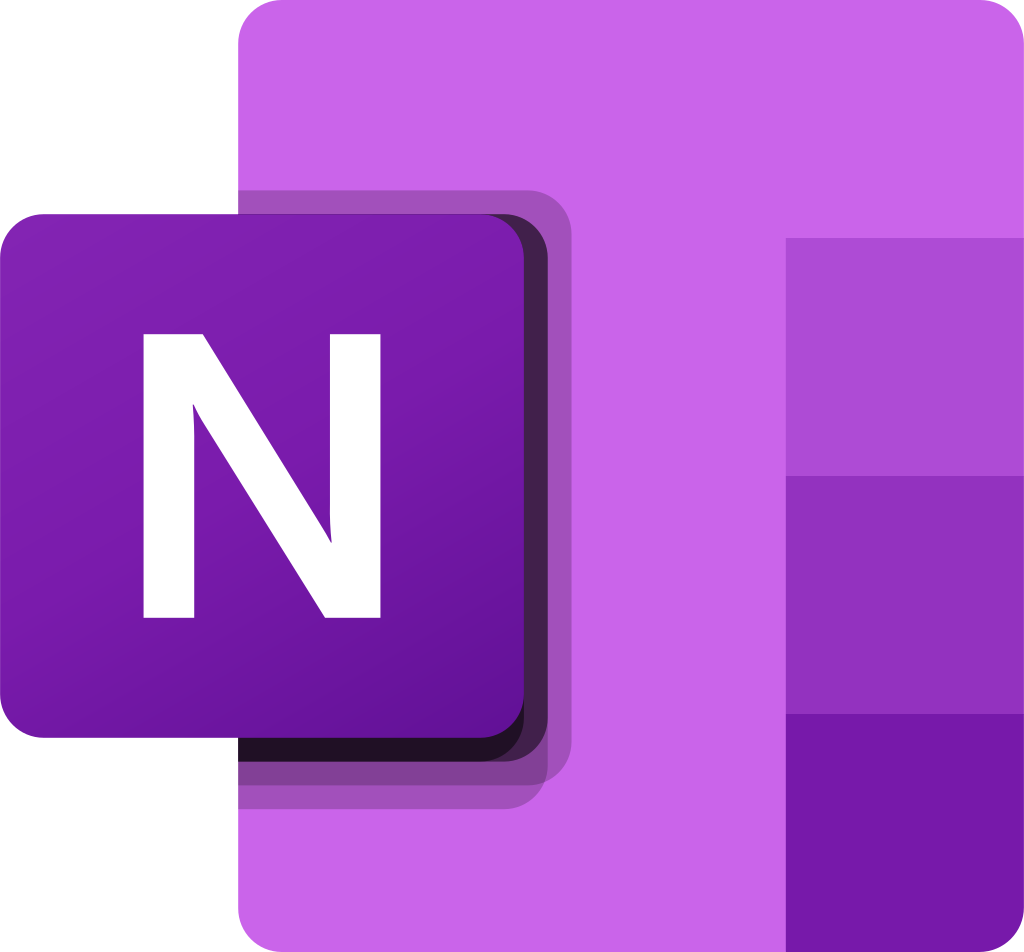Research Toolkit: 5 Apps to Organise Your Ideas
Kirsten Somerville (@KirstenSom) is a 1st year PhD student in Education and a tutor for the university’s Widening Participation programme. With a background in geography, language and literature, her research explores the use of creative writing in secondary geography education. In this post, she shares the digital tools she uses to manage her research notes and ideas.
In my pre-PGR studies, poor note management got me into some very frustrating situations. I would make some annotations on hard-copy sources, some on pdfs, and some across various physical and digital documents. When it came to writing, I often found myself remembering ideas but having no idea where they had come from! I vowed not to let this happen in my PhD, when I knew I’d be dealing with hundreds of sources and more ideas than I could possibly carry in my head.
I wanted to build a solid toolkit to organise my ideas, right from the start of my research. But with so many options out there, it was hard to know where to begin! I thought about what I wanted from my organisational tools and decided on the 3 “S”s:
Searchable: I didn’t want to waste any time scrolling through pages of notes to try and locate an idea – ctrl + f is a PGR’s best friend!
Syncable: I wanted to be able to access my ideas from anywhere, on any device. So I looked for tools that sync automatically via an online account.
Supported: I wanted to use tools that are approved by the UofG IT systems and support team, so I can get help when things go wrong.
This is the toolkit I eventually came up with, and I wanted to share it with everyone setting out on their PGR journey, so you can avoid making the same mistakes I did!
Gallery of icons for the apps discussed below.
Word
Starting off with an old faithful. You’re probably already familiar with Microsoft Word, or similar word processing programmes. I thought I was too – until I went to the introductory training session during PGR induction week! As it turns out, Word has all sorts of fancy functions to keep your writing organised and consistently formatted, and further training is available through the Researcher Development programme to help you make the most of them. There are even specially created templates to make sure your writing adheres to university formatting guidelines. I use Word not just for writing draft chapters, but also outlines and annotated bibliographies earlier in the research process. Microsoft Word is available free of charge to UofG students through your Office365 account, which allows you to sync automatically between the online, desktop and mobile apps.
OneNote
Another brilliant app from the Microsoft Office365 suite. OneNote operates much like a regular notebook, allowing you to create sections and pages to organise your ideas. But it also does much more than this, with a whole host of multimedia options including file attachment, audio recording, drawing tools, to-do lists and tags. I’d recommend downloading the OneNote Web Clipper plugin, which allows you to add web content directly into your notebook. OneNote is my main note-taking app: I create sections for different themes, and pages for different sources. I also have sections to record notes from training events, research seminars, public engagement activities, and general administration. Like Word, OneNote is thoroughly searchable, syncable and supported. Training is available for PGRs through the Researcher Development programme, and you can also request it through the IT helpdesk.
OneDrive
OneDrive is the cloud storage app for Microsoft Office365, and it’s essentially the glue that holds the suite together. Once you have downloaded the desktop app through your university account, you can choose to save documents automatically as you update them using the “AutoSave” feature, and upload them automatically to the cloud when you are connected to the internet, so you can continue working on them from any device. These features are also available in the online and mobile apps. OneDrive is especially useful as a university-supported tool for backing up your files and sharing them with your supervisors or research team. 1TB free storage is provided with your university account.
EndNote
As a complete novice to reference management software, I wasn’t sure how to choose among the various options available. I eventually opted for EndNote, largely because it is supported by UofG IT systems. EndNote is pre-installed on most university-managed computers, or you can request to download it onto your own device through the IT helpdesk. EndNote training is available through the Researcher Development programme (there’s an upcoming session on February 7th, course code RSDA 6210) or on request through the IT helpdesk. EndNote integrates well with the university library website (to download references into the management system) and Microsoft Word (to add references into your documents). It allows you to organise references into groups and attach pdfs for annotation. It is so helpful to keep everything in one place, and even better, pdf attachments and annotations are fully searchable, allowing you to easily locate the source of your ideas. If you create an online account, you can sync your library across multiple devices, and easily share it with your supervisors or research team.
DayOne
This app is something of a wildcard, as it is not supported by university systems. However, given it is a journaling app that I use to record my personal reflections on my PGR journey, I’m quite glad no one else can gain access to it! I decided to keep a PhD journal to help develop a writing habit (a lot easier when you know no one else is reading it!), and to keep track of my thoughts and feelings as they develop, both about my project itself and the PhD experience in general. Informal though it may be, I still wanted this journal to be searchable – sometimes the ideas that appear outside the constraints of formal writing turn out to be the most important ones! I like DayOne because of its multimedia functionality: you can choose to dictate your entry, attach images or add tags. The app is free to download on Mac iOS and Android (sadly not Windows) or you can opt for a paid account for greater functionality including multi-device access.
What about you – what is your PGR toolkit? Do you use any of these apps, or can you recommend any alternatives? Let us know in the comments below.







